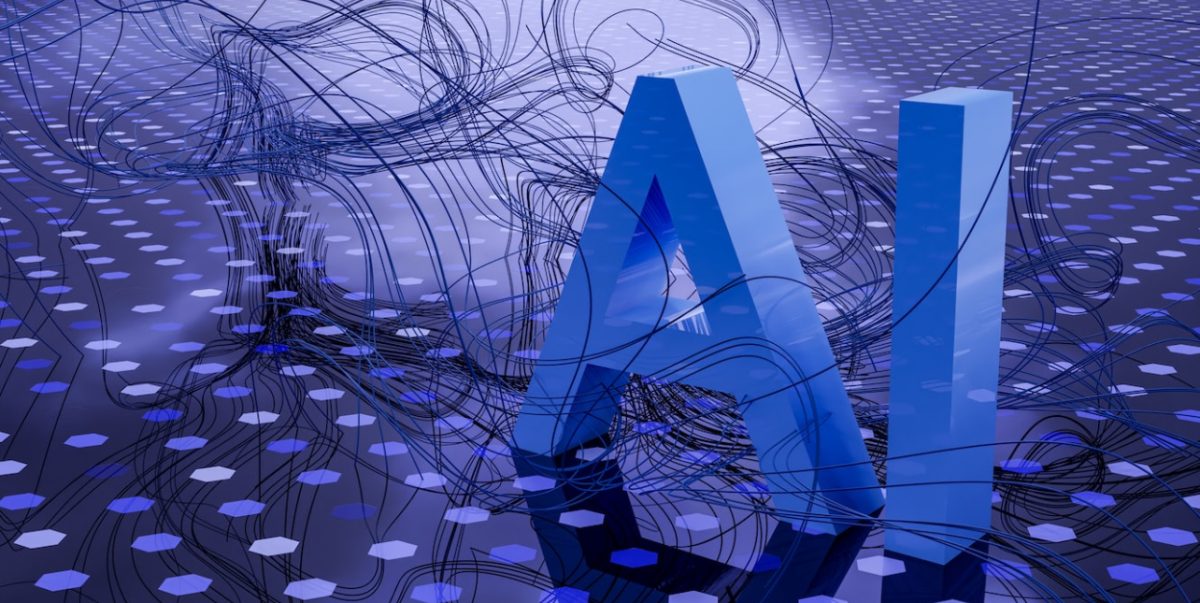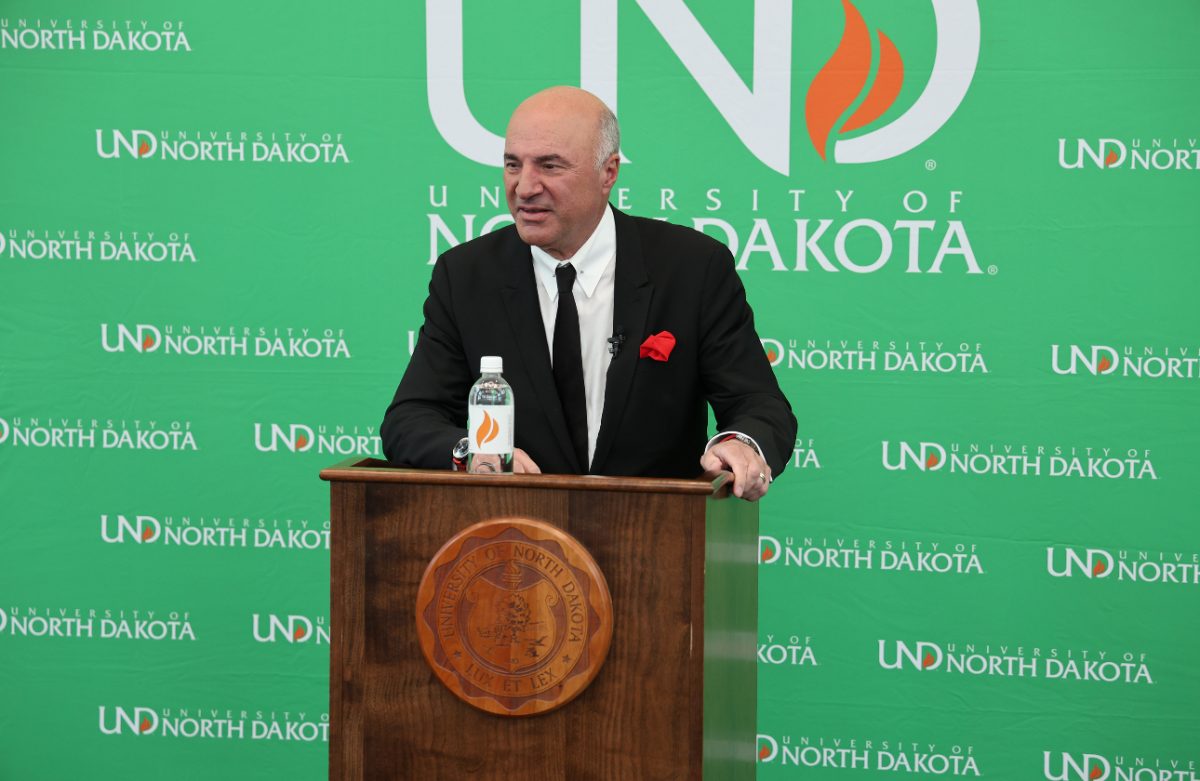This last week, a rollercoaster ride of leadership changes and reinstatements shook the core of OpenAI, the company behind the famous and/or infamous ChatGPT. What this means for the future development of ChatGPT and thus for the future of artificial intelligence as a whole remains to be seen, but there is no doubt that these changes will influence the entire world as they hit upon a technology that some see as the hope of mankind and others see as our downfall.
What exactly happened over the course of these last couple of days is still somewhat mired in mystery, but we do have a couple of clear facts to work off of. First of all, we know that Sam Altman, a founder of ChatGPT, was removed from his position as CEO of OpenAI, and his co-founder, Greg Brockman, was removed from his position as chairman of the board of OpenAI.
These actions came after the non-profit board released this statement, “OpenAI was deliberately structured to advance our mission: to ensure that artificial general intelligence benefits all humanity. The board remains fully committed to serving this mission. We are grateful for Sam’s many contributions to the founding and growth of OpenAI. At the same time, we believe new leadership is necessary as we move forward.”
This vague statement reveals several key insights into where ChatGPT was heading and what the board feared about its future. The first thing we must realize here is that the board, as a non-profit, is not working in the interests of investors and employees but rather, as they themselves had stated, in the interests of humanity itself. There is an implication here that Sam Altman was moving in a for-profit direction that somewhat disregarded an essential part of OpenAI’s mission to use this technology to benefit all of humanity through careful regulation that would address the AI’s biases and its potential to be an existential threat.
However, the board faced issues when there began to be a mass exodus of top talent from the company as a reaction to these leadership changes. Altman and Brockman began to have talks with OpenAI’s competitor, Microsoft. Many in their team followed suit. If OpenAI was worried about the safety of ChatGPT and its future as a for-profit tool, then this was indeed bad news as Microsoft is not known to serve the best interests of anyone but its investors. Thus, OpenAI was faced with a predicament. If they let Altman and Brockman go, then AI development would not be purely under their management and thus they would have no way to push it in a safe direction. But if they had not fired him, then perhaps AI would have been pushed in an unsafe direction anyway.
Ultimately, OpenAI took both Altman and Brockman back. The non-profit board also had some shuffling of members with the key objectors to Altman and Brockman’s leadership removed, solidifying Altman and Brockman’s power. What this means for OpenAI and AI as a whole, we still do not know. Perhaps this is better than the alternative of Microsoft gaining ChatGPT’s top talent, or perhaps this was the removal of the last of the safeguards that OpenAI set up against itself to ensure humanity’s benefit.
Kira Symington is a Dakota Student Section Editor. She can be reached at kira.symington@und.edu.




